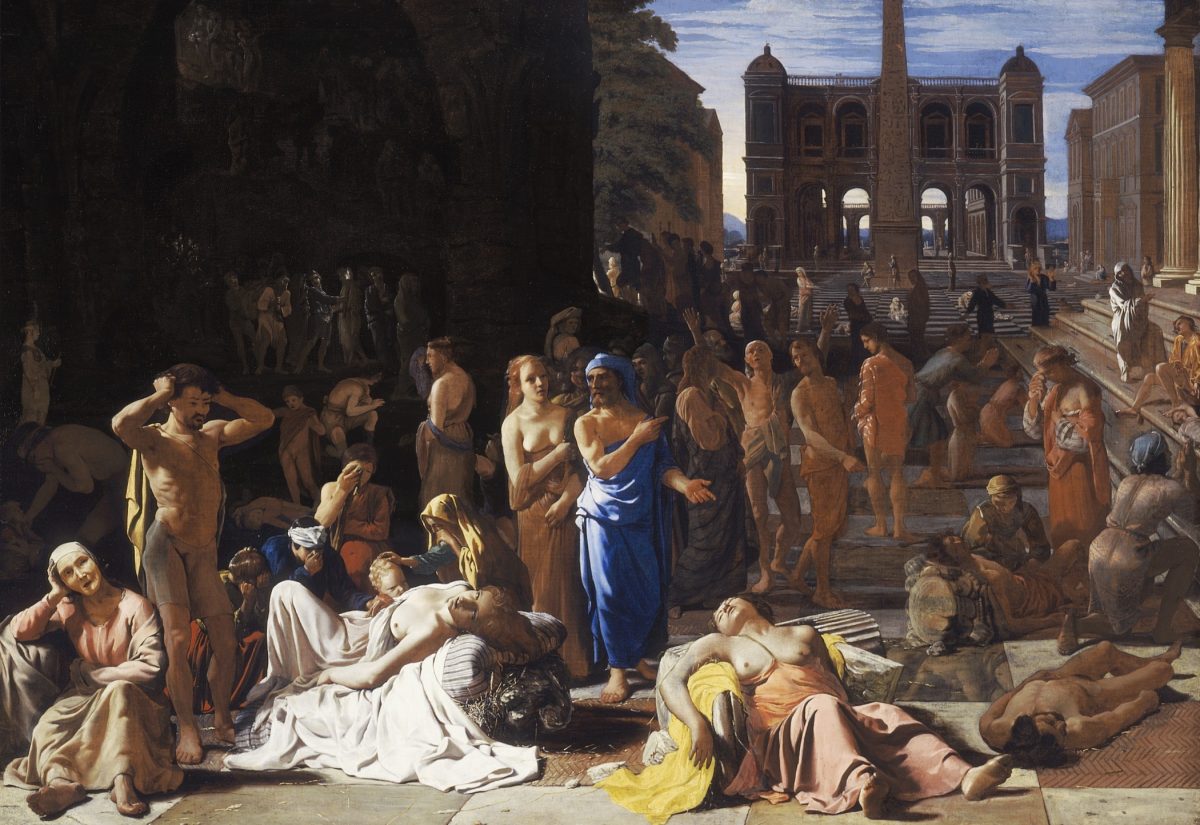
The Plague of Athens

What can history teach us about our shared human struggles?
We’re in a period of great uncertainty, and I think, in those circumstances, people often turn to something that seems a little bit more solid, previous crises, previous episodes, things that seem in some way comparable.
How can history help inform Australia’s Coronavirus response?
During the Plague of Athens, which occurred during the Peloponnesian War, there were accounts of doctors dying because they were obviously very much in the frontline and very vulnerable to catching the plague from their patients. It has been really eerie to re-read those accounts from all those centuries ago and find a very, very similar sort of thing happening now, specifically with medical staff in places, like Iran and Italy and Spain.
Can we use historical patterns to predict what will happen to the economy?
If the United States were to go into a major economic crisis, and it does appear that that’s one of the consequences of COVID-19 for the US at the moment, you would expect that to have implications for Australia. We live in a very interconnected global economy and it would be very difficult, certainly thinking historically, when you had major economic problems in the United States, that they usually flow onto Australia.
With recent comparisons to the Great Depression when it comes to unemployment, what lessons can we learn from that era?
The welfare state was very rudimentary in 1930 in Australia, there was no unemployment benefit outside of Queensland. Now, we have a much more developed welfare state, although I think most of us would probably agree that the system probably isn’t very well designed to deal with the possibility of mass unemployment. There’s a lot of very quick adaptation going on and I think there are buffers that exist now in 2020 that weren’t there in 1930 around issues like unemployment, eviction and homelessness, which was a major problem in the Depression of the 1930s. Now, that is a problem again, but I think we’re seeing governments playing a much more active role around these sorts of issues than they did back in 1930.
And finally, any tips for working from home?
Like millions of people now, I’m working from home alongside my wife and our 14‑year‑old daughter, who’s also taking her classes here at home. We’re each finding our little corner of the house that’s quiet and suits our work habits.